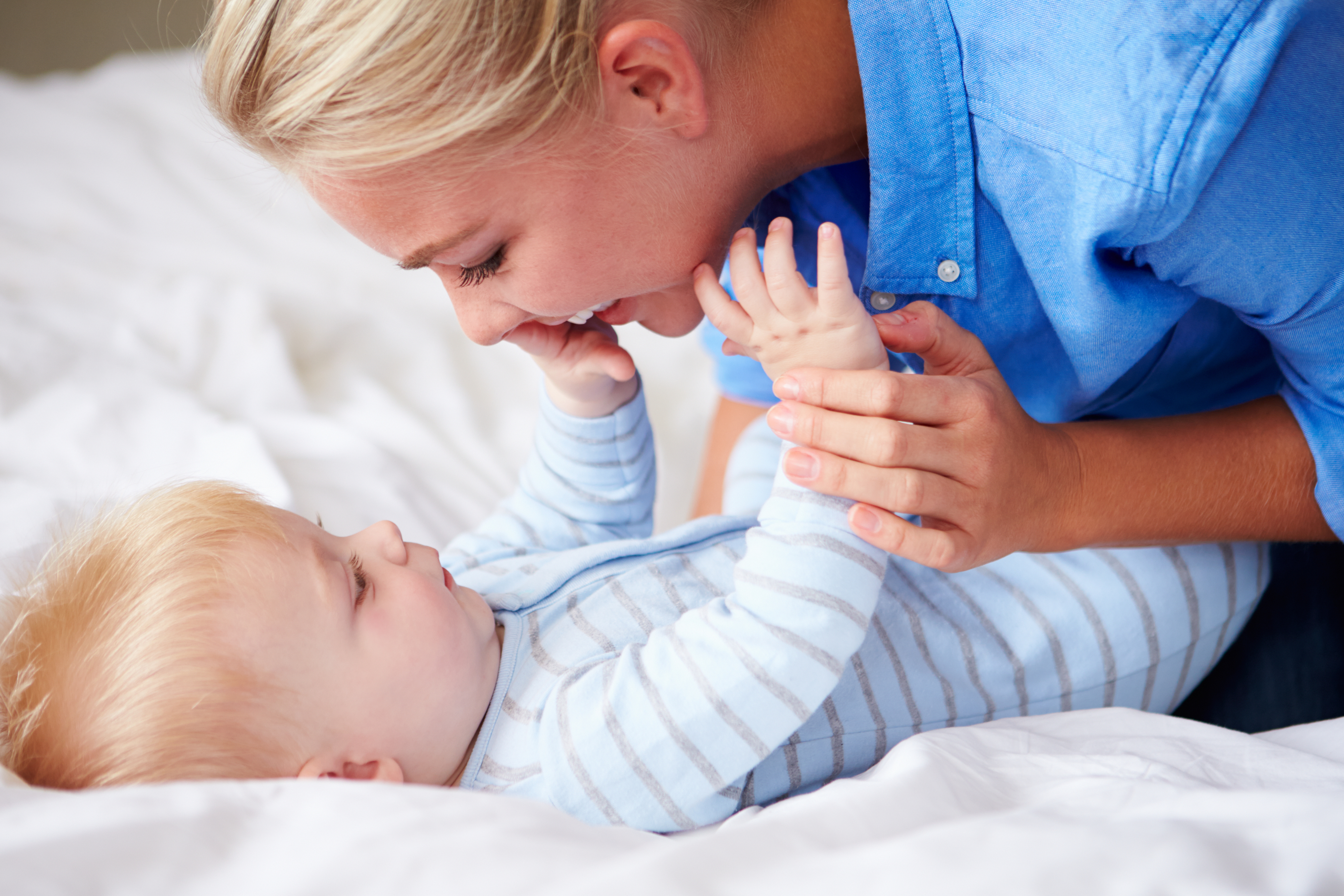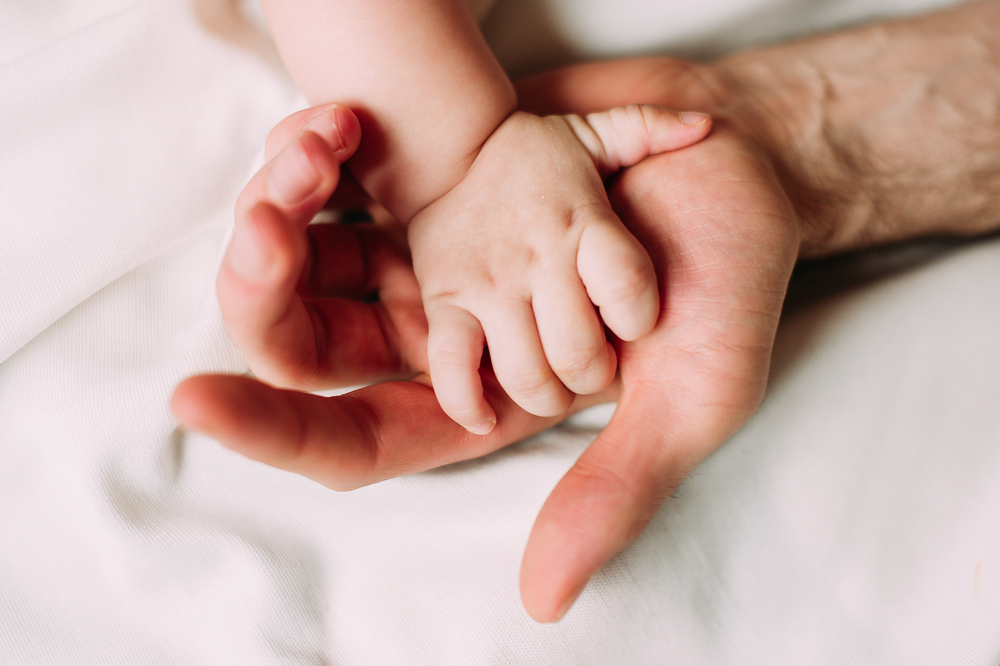When does learning actually begin? The first time kids are in a classroom with a teacher? Or perhaps in the toddler phase, when children are learning to walk, talk, and eat using a fork? Some say that the most important years for learning are the earliest ones, so the answer to the above question would be that learning begins at birth.
For years, doctors assumed that babies were born without any knowledge about the outside world. However, recent research is questioning this assumption, offering clues to what babies comprehend in utero, what they remember after they are born, and how that information prepares them for the world outside the womb. Today, doctors realize that babies begin to engage many of their senses and learn about the world around them during the last trimester of pregnancy and maybe even before.
By the time they are born, babies can actually recognize their mother’s voice. In one study, doctors gave day-old infants pacifiers that were connected to tape recorders. Depending on the babies’ sucking patterns, the pacifiers either turned on a tape of their mother’s voice or that of an unfamiliar woman’s voice. Within 10 to 20 minutes, the babies learned to adjust their sucking rate on the pacifier to turn on their own mother’s voice. Research also reveals that babies had their first lessons in their native language while still in womb. They sucked more vigorously to turn on tape recordings of people speaking in the language of their mothers, rather than in a foreign tongue.

Moreover, a well-known study conducted at the University of South Carolina additionally proves the existence of prenatal learning. Mothers were instructed to read Dr. Seuss out loud while they were pregnant. When the babies were born, researchers tested to see if they recognized Dr. Seuss against other stories, and their mother’s voice against other readers. In both cases, the infants were able to pick up on the vocal patterns they’d become familiar with in utero.
But it’s not only the sounds baby hears in the womb that she is likely to remember later. By seven months of gestation the fetus’s taste buds are fully developed. The flavors of the food a pregnant woman eats find their way into the amniotic fluid, which is continuously swallowed by the fetus. Babies remember, and prefer, these familiar tastes once they are out in the world. The unborn child reacts strongly to his mother’s movements as well. Most moms notice that when they touch their belly, the baby kicks back or responds in some way.
It seems that fetuses are taking signals from the intrauterine environment and tailoring their physiology accordingly. They adjust their metabolism and other physiological processes in anticipation of the world that awaits them. Much of what a pregnant woman encounters in her daily life, the air she breathes, the food and drink she consumes, the chemicals she is exposed to, even the emotions she feels are shared in some fashion with her fetus. The fetus incorporates these offerings into its own body and treats these maternal contributions as information crucial to its future survival.
Human fetus is an active participant in its own development and is picking up information from the outside world important for life after birth. It is preparing for life based on messages the mom is providing. When we hold our babies for the first time, we visualize them clean and new, unmarked by life. However, there is ample evidence that they have already been shaped both by the world and us. Therefore, as parents and consequently the first educators in our children’s life, we should teach them well from the very beginning. Learning is one of the most important activities in which humans engage, and it begins earlier than we ever imagine, in the womb.

















